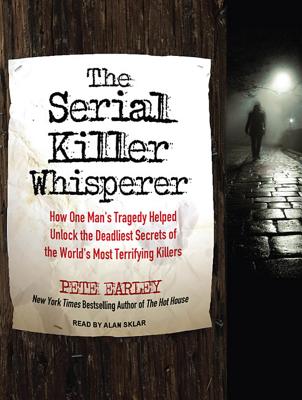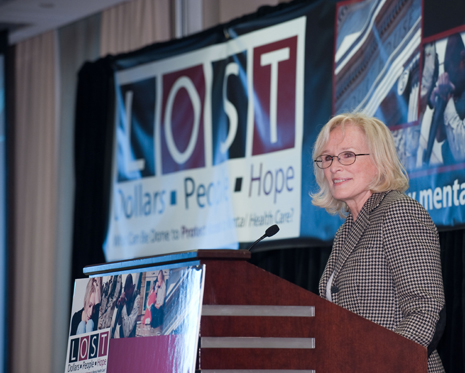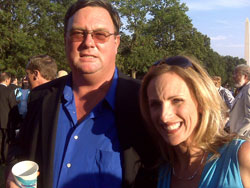With tears in his eyes and his voice showing emotion, Carl Elliott Jr., told me last week that he hoped my book, The Serial Killer Whisperer, would finally be enough to get Florida’s governor to schedule the execution of serial killer David Gore.
Gore abducted, raped, and murdered Elliott’s daughter, Lynn, age 17, in Vero Beach. He has been on death row for nearly thirty years. 
I certainly did not write my book to prompt the death of anyone, including Gore. But my book has re-ignited interest in his case and is stirring strong emotions in Vero Beach.
The book describes the plight of Tony Ciaglia, who was hit in the skull by a speeding jet ski when he was 15 years old. He died three times en route to the hospital but was revived. After several weeks in a coma, Ciaglia awoke much different from the carefree, happy, and popular teen he had been. Filled with rage, often uncontrollable, and suffering from damage to the front lobe of his brain, Ciaglia spent much of the next several years under a self-imposed house arrest. At times, he was suicidal. Bored and aimless, he needed a hobby and by chance he began writing serial killers. His psychiatric problems mimicked those of the killers and he was able to befriend many of them and get them to share their inner-most thoughts with him. Today, he tries to help the police with his ability to communicate with killers.



 described how important the HOPE Clubhouse in Ft. Myers was to her recovery. As with so many of our young people, Jourdan had excelled as a teenager and had gone to college with big plans – only to become sick. She was diagnosed as having bipolar disorder and not long after that she became so ill that she had to drop out. At one point, she was suicidal. When she called the local police during a manic episode, rather than getting help, she ended up getting arrested and jailed — “to be taught a lesson.” That experience — at the hands of unsympathetic and poorly trained sheriff’s deputies — resulted in her developing PTSD.
described how important the HOPE Clubhouse in Ft. Myers was to her recovery. As with so many of our young people, Jourdan had excelled as a teenager and had gone to college with big plans – only to become sick. She was diagnosed as having bipolar disorder and not long after that she became so ill that she had to drop out. At one point, she was suicidal. When she called the local police during a manic episode, rather than getting help, she ended up getting arrested and jailed — “to be taught a lesson.” That experience — at the hands of unsympathetic and poorly trained sheriff’s deputies — resulted in her developing PTSD.



